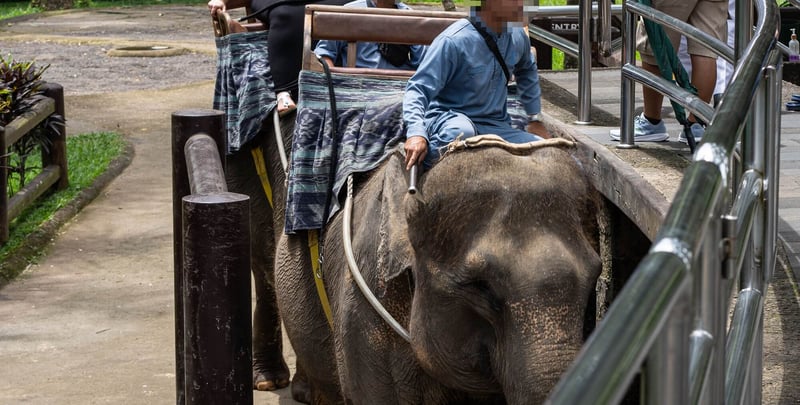
Facebook Hosts Majority of Online Animal Cruelty Content, New Report Reveals
Press release
A groundbreaking new report released by the Social Media Animal Cruelty Coalition (SMACC) exposes Facebook as the leading host of online animal cruelty content.
Nairobi, 30th May 2025 — Social media giant Facebook is hosting the vast majority of animal cruelty content reported online, according to new data released today by the Social Media Animal Cruelty Coalition (SMACC), a network of 34 animal protection organisations, including World Animal Protection.
The data reveals that Facebook accounted for 87.5% of all cruelty-related links reported by the public in 2024, far outpacing other platforms. Of the 80,972 links submitted by users, more than 71,000 were linked to Meta-owned platforms (Facebook and Instagram), raising serious questions about content moderation and enforcement of platform policies.
Tricia Croasdell, CEO of World Animal Protection, said, “It’s important that social media companies take this seriously and look at improving content moderation systems and enforcement policies.
“Policies should explicitly define and prohibit all forms of animal cruelty and ensure stronger enforcement, especially against repeat offenders and organized abuse networks.
“Animals deserve better. We must keep reporting this content to the social media platforms. We do not ignore cruelty or abuse.”
Key Findings
- Monkey hatred was the most common theme on Facebook, appearing in 33.4% of reported links.
- On Instagram, 33.8% of reported content involved wild animals being kept as pets.
SMACC researchers collected a separate set of data with more details:
- 2,050 links were collected and analysed—1,094 from Facebook and 39 from Instagram—confirming that more than half of the total originate from Meta platforms. Of the 1,133 Meta links, only 36.3% have been removed.
- On Facebook,5% of content is categorized as ‘deliberate physical torture’, while Instagram more frequently hosts content portraying ‘animals as entertainers’ (35.9%).
- From a species perspective, we identified 53 types of animals, with a total of 962 individuals on Facebook and 40 on Instagram. At least 108 of these individuals belong to the International Union for Conservation of Nature (IUCN) listed species, including:
- orangutans and gorillas (Critically Endangered).
- long-tailed macaques, chimpanzees, and lion-tailed macaques (Endangered).
- cheetahs, lions, and stump-tailed macaques (vulnerable).
- A further 33 animal types are listed as ‘species-dependant,’ suggesting a potentially higher total of IUCN-affected animals.
- Most commonly, primates (especially macaques), dogs, and cats are featured in this cruel content.
Despite having policies that prohibit fake rescues and abusive content, Meta’s enforcement appears inadequate, with much of the flagged material still live and gaining traction.
The findings come at a time when countries are strengthening laws to hold tech companies accountable for online harm. Under the UK’s Online Safety Act (2023), animal cruelty is classified as priority illegal content, requiring swift takedown or platforms face fines of up to £18 million or 10% of global annual revenue.
In the EU, the Digital Services Act (DSA), which came into force in February 2024, mandates robust risk assessments, prompt content removal, and independent audits. Taiwan has also amended its Animal Protection Act, obligating social media companies to cooperate with law enforcement on animal cruelty cases.
“These laws are setting the tone globally,” said Croasdell. “Platforms must proactively detect and remove this content before it spreads.”
The data release coincides with Report It! Week, a global awareness campaign urging the public to report animal cruelty content and demanding stronger platform accountability.
SMACC is calling on social media companies to:
- Remove animal abuse content promptly after it's reported.
- Collaborate with animal welfare experts to improve moderation systems.
- Ban repeat offenders and organized abuse networks.
- Strengthen platform policies to explicitly prohibit all forms of animal cruelty.